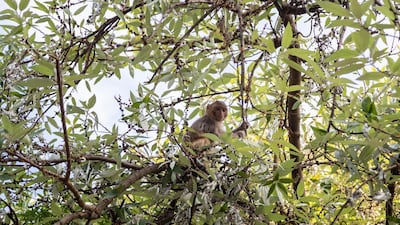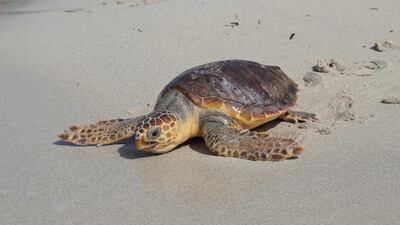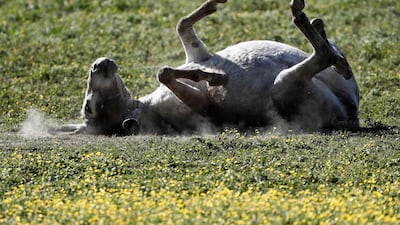More wildlife and environment stories from The National:
World Environment Day: We urgently need a balance with nature
Cruel death of pregnant elephant sparks outrage in India
Is the environment really recovering due to coronavirus?
‘We don’t know what we’ve lost’: the small-scale tragedy of the Australian bushfires
Meet the octogenarian taking care of Lebanon's abandoned dogs during the coronavirus crisis
'We are totally on our own': how coronavirus is impacting indigenous tribes around the world
FaceTime with an eel so they don’t forget us, Japanese aquarium asks
Our legal consultant
Name: Hassan Mohsen Elhais
Position: legal consultant with Al Rowaad Advocates and Legal Consultants.
BMW%20M4%20Competition
%3Cp%3E%3Cstrong%3EEngine%3A%20%3C%2Fstrong%3E3.0%20twin-turbo%20inline%20six-cylinder%0D%3Cbr%3E%3Cstrong%3ETransmission%3A%3C%2Fstrong%3E%20eight-speed%0D%3Cbr%3E%3Cstrong%3EPower%3A%20%3C%2Fstrong%3E503hp%0D%3Cbr%3E%3Cstrong%3ETorque%3A%3C%2Fstrong%3E%20600Nm%0D%3Cbr%3E%3Cstrong%3EPrice%3A%3C%2Fstrong%3E%20from%20Dh617%2C600%0D%3Cbr%3E%3Cstrong%3EOn%20sale%3A%3C%2Fstrong%3E%20Now%0D%3C%2Fp%3E%0A
Killing of Qassem Suleimani
Killing of Qassem Suleimani
Read more about the coronavirus
























